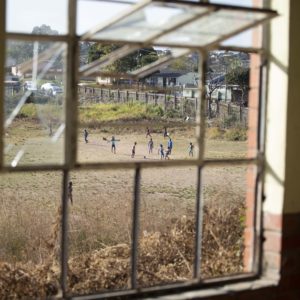Struggling special-needs school dealt a double blow
The Golden Steps school in KwaZulu-Natal lost not only its computer room and kitchen, but also some of its children’s means to communicate and learn a skill that grants them independence.
Author:
9 September 2021
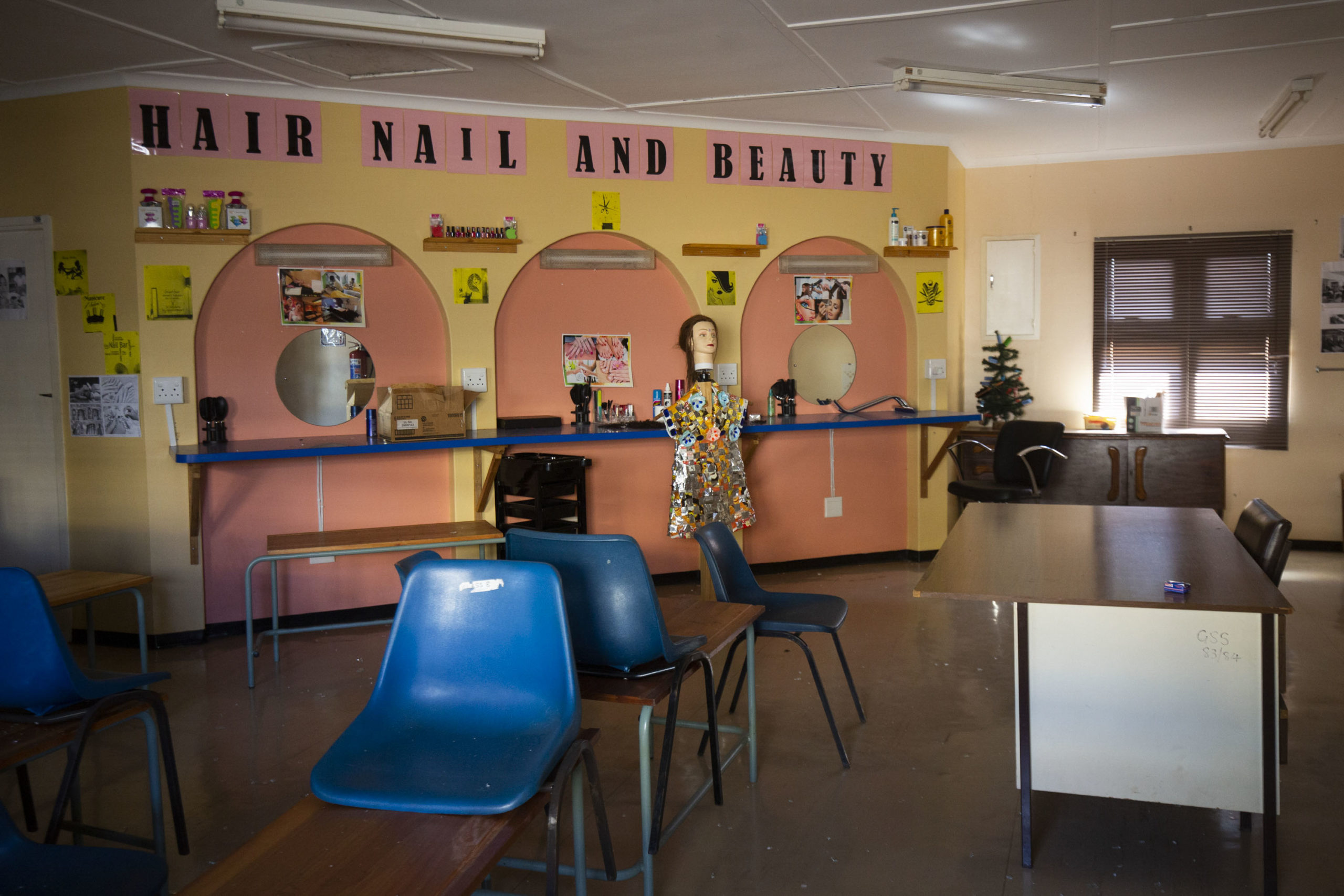
Among the 137 schools damaged during the July riots in KwaZulu-Natal is the Golden Steps school for children with intellectual and physical impairments in Verulam, north of Durban. The school came into existence in 1979 but opened officially in 1982.
One of the crucial resources damaged was the computer room that gave certain learners a way to communicate. “The computer room is the voice of our non-verbal autistic learners,” says Anesh Singh, the school’s principal for the past 21 years. Technology gave them augmenting and alternative communication methods.
“Can you imagine someone pulling off your tongue and cutting off your tongue? You are voiceless for the rest of your life. They have robbed our children of a voice,” he says.
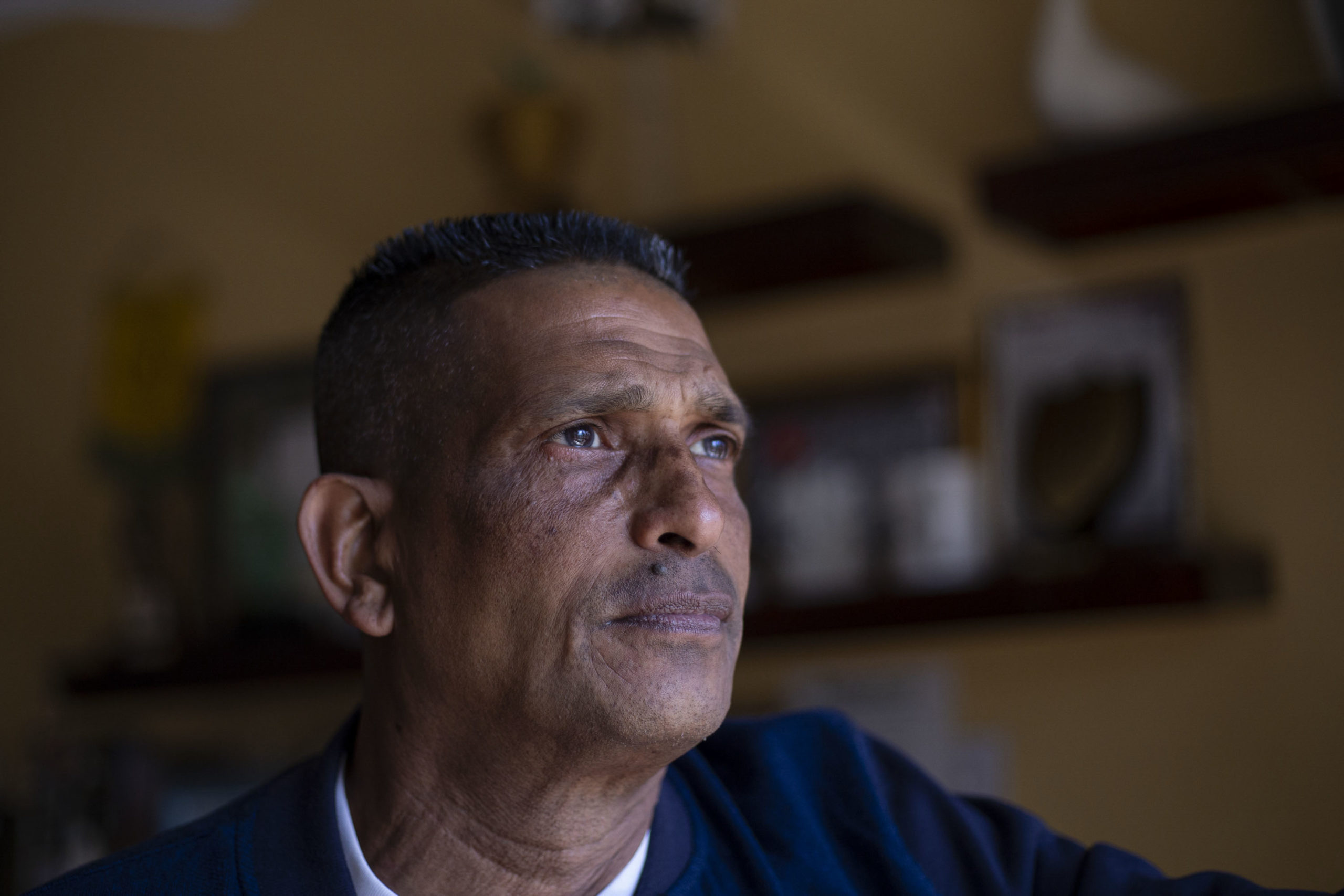
Pre-vocational learners also used the computer room to type their CVs and learn administrative skills.
Looters emptied the school kitchen of the fridge, stoves, food and cutlery. “The kitchen is a classroom. It is a place where our pre-vocational learners go in and acquire the basic skills in hospitality, from cooking to serving and waitering.” Looting has robbed children of learning hospitality skills, Singh says.
“This is a serious setback, as the sector is already under pressure to provide appropriate facilities for the schooling system,” said Minister of Basic Education Angie Motshekga.
Shoestring resources
The school has 217 learners and 20 educators. Singh says it offers skills that empower and capacitate children to be employable and “face the open labour market with confidence”. Golden Steps offers sewing, woodwork, metalwork, agricultural studies, hair and beauty, and hospitality classes.
“The classroom space has grown over the years because we have put in 11 new classrooms in the past six years,” he says.
The school provides transport along at least seven routes to pick up and drop off learners. There are four drivers and six buses. The KwaZulu-Natal Department of Education pays the drivers’ salaries and the Department of Transport provides five of the buses, while the school governing body provides the remaining bus. “Transport is one big challenge,” Singh says.
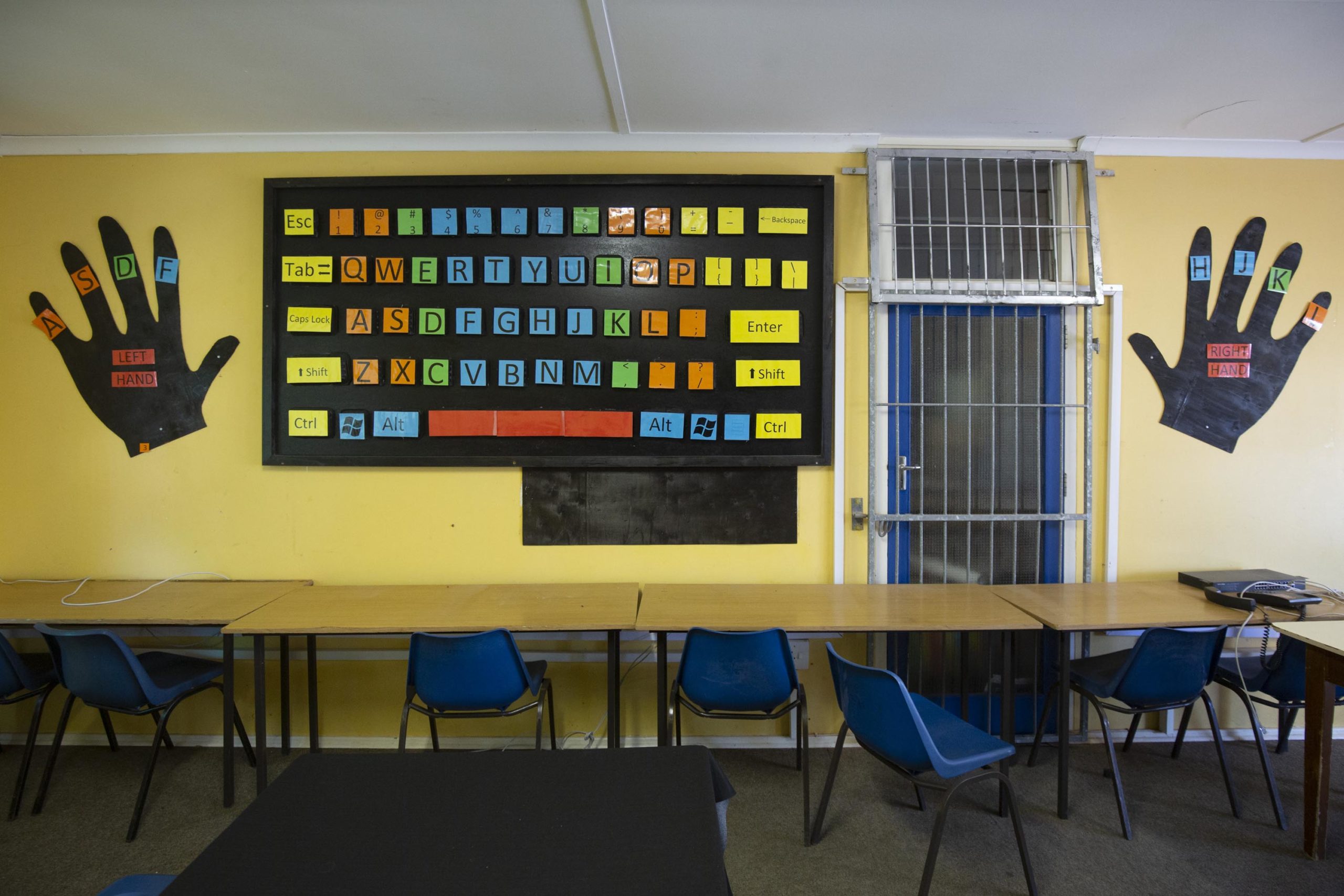
Golden Steps is experiencing a shortage of support staff, including drivers and teacher’s aides, who assist educators by guiding and helping learners. “Everywhere the child is, the teacher’s aide is there.” However, the school has seven teacher’s aides to take care of 19 classrooms, says the principal. “I am expected to take one teacher aide and attach that aide to three classes.”
At one point, he says, the school had more teacher’s aides. But as they retire or exit the system, they are not replaced because of the moratorium on support staff. “We are now bearing the brunt. And I raised it with the [provincial education] department. We cannot place a moratorium on support staff if we are to deliver quality education to our children.”
Experienced, but short-staffed
Golden Steps qualifies for two state-funded security guards, but has had to hire a private security company as one guard retired and is yet to be replaced, and the school uses the other as a bus driver, says Singh. This has improved the arrival time of learners, even though he is still considered as security by the state. “At least children are getting to school slightly early. They are not coming to school at 10am but at about 8.30am.”
Epileptic children who have seizures at school sometimes have accidents and it is the responsibility of the teacher’s aides to clean them, he says. “When they mess the toilets, it needs to be cleaned.” But the school only has one cleaner. “How do you manage that?”
Related article:
Singh says the school has cognitively impaired children, children with cerebral palsy and others who use wheelchairs, but it lacks a therapist and teacher’s aides for every classroom. What helps in caring for the children “is our collective experience within the field of special needs”. Some teacher’s aides have been working at the school for close to 40 years.
Golden Steps lacks a nurse as well. Most of the children are from impoverished households and parents cannot afford the doctors, psychologists and therapists that the school provides with the support of non-governmental organisations (NGOs). “The school plays an important role in terms of ensuring that our children are being assessed. Whether it is via NGOs like Action in Autism, and getting assistance and support from Lungisisa Indlela Village, who have therapists.”
How to go on
Golden Steps has not reopened since the Covid-19 lockdown began last year, because of the risk of critical illnesses in children with disabilities. Now, there’s the added burden of the destruction the riots caused.
“I will not be allowing my children to return to school until I think it is safe enough for them to return,” says Singh. He cites an autistic child who is used to getting hugs, but the rules around the Covid-19 pandemic don’t permit hugging. “I am sorry. You know, every time you see me, you and I, we hug each other. But I can’t hug you anymore. How do you say that to an autistic child?”
The school began installing Wi-Fi in March. “All the equipment for telecommunication and Wi-Fi, routers and modems, it’s all gone.” There’s not even a pen left. “It’s unbearable,” he says.
“Critical areas at the school have been completely wiped out. We spoke about the computer room … The entire admin block has been wiped out.”
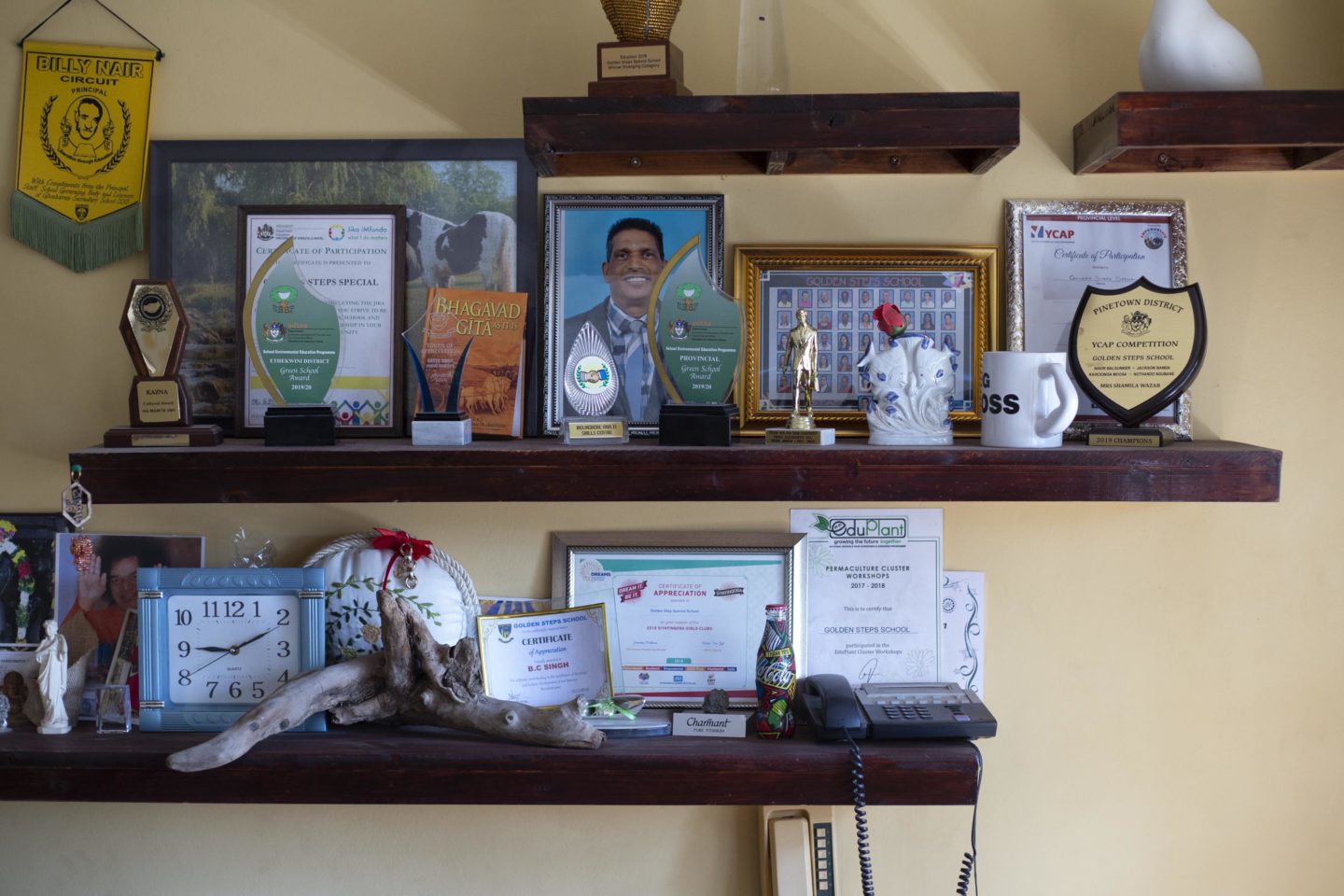
The school prepares resource packs for home learning, which are exchanged monthly for new content and a food hamper for the child’s family to last a month. “We are relying on supplies of food items from the community … Support from the community is just unbelievable.”
The school’s infrastructure is in need of repair and autistic learners need to be prepared for changes after the unrest. “Like I was explaining to the department, fitting of doors, locks and replacing window panes does not make my school conducive to teaching and learning. We have to prepare our children to return to a new school. They need to understand they are not coming back to a blue classroom that they left. They are now coming to a red classroom, as an example.”
Autistic learners follow a routine, he says, and any deviation from that causes serious meltdowns.
Children and violence
When children witness violence, it can affect them negatively, says Lefika La Phodiso Community Art Counselling and Training Institute managing director Rozanne Myburgh. They may experience sleeplessness, fear, a change in appetite, headaches, stomach aches or other physical complaints, and have trouble concentrating.
“It is also a sad fact that children often get lost in the midst or aftermath of violence. And this is the time where we should be more focused on their wellbeing,” Myburgh says.
Lefika’s primary objective is accessible mental health services in under-resourced communities. “In an ideal world, children that were exposed to violence would be referred for art therapy or play therapy for them to process their experiences. Unfortunately, we do not live in an ideal world [but] in a world that is very often violently anti-poor. We are also well aware of the lack of mental health services in South Africa. For children who do not have access to mental health services, it would be helpful if they have a caring and empathetic adult in their lives who can help them talk through what they have experienced and assist them to make meaning.”
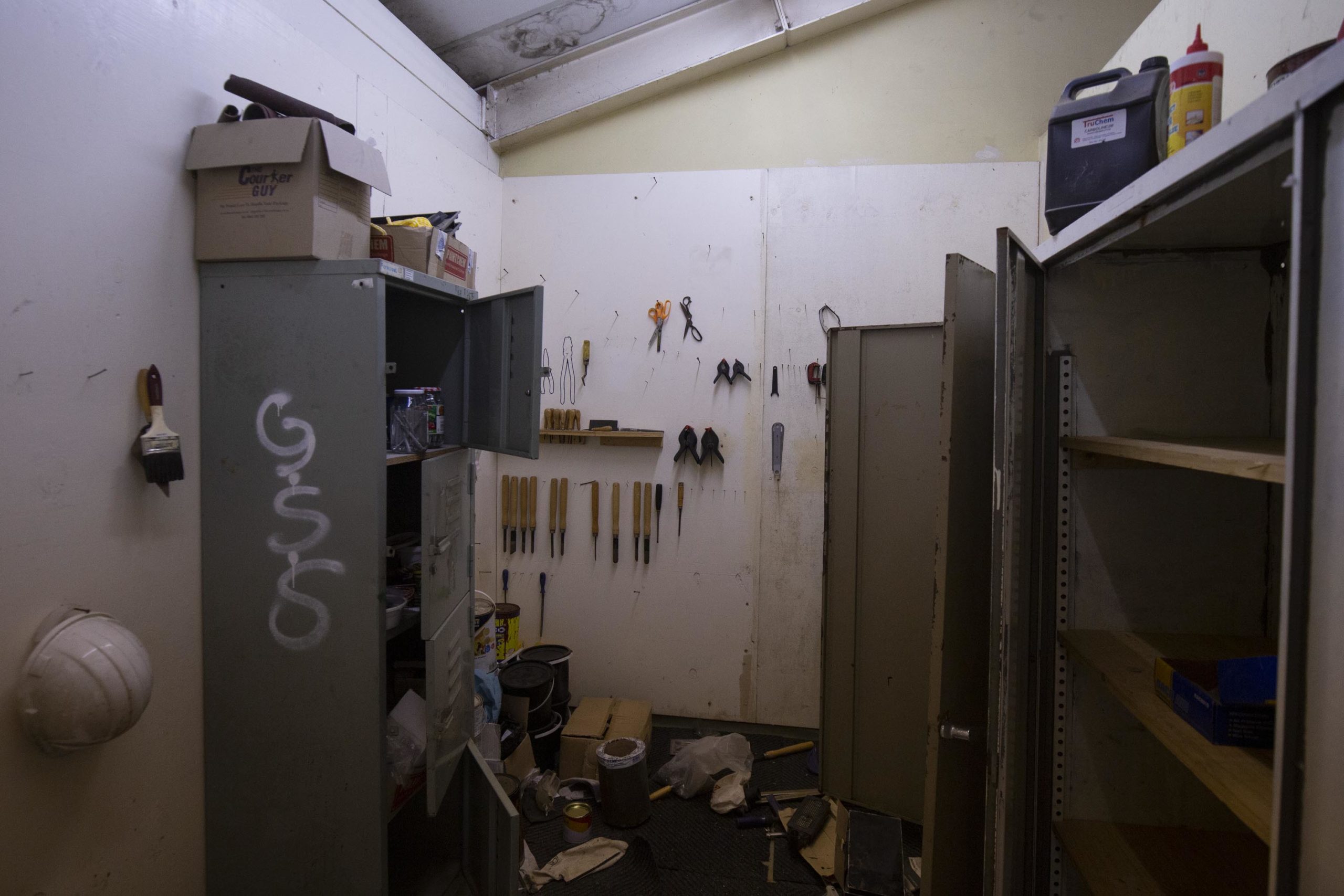
Myburgh says the ramifications of the pandemic and the unrest will be seen in years to come. “My biggest fear is that these communities that were affected by the violence were already at a disadvantage because of poverty, lack of access to resources, lack of access to mental health services. This can potentially create a big crisis in the children’s lives and their futures.
“We need government intervention. We need partnerships with NGOs who can assist with supporting the mental health as well as the education needs of the learners … The ideal would be that we can work together to intervene, and intervene as soon as possible.”
The KwaZulu-Natal Department of Education had not responded to questions by the time of publication.

